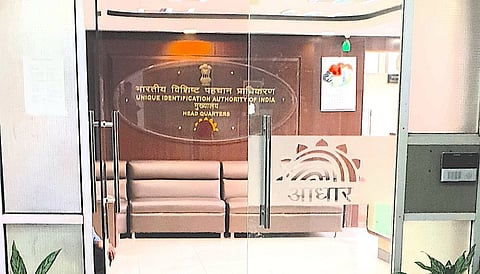
- News
- Columns
- Interviews
- Law Firms
- Apprentice Lawyer
- Legal Jobs
- हिंदी
- ಕನ್ನಡ

The Madras High Court has been moved against the implementation of an Aadhaar Enabled Biometric Attendance System (AEBAS) for teaching and non-teaching employees of government or government-aided schools in Tamil Nadu.